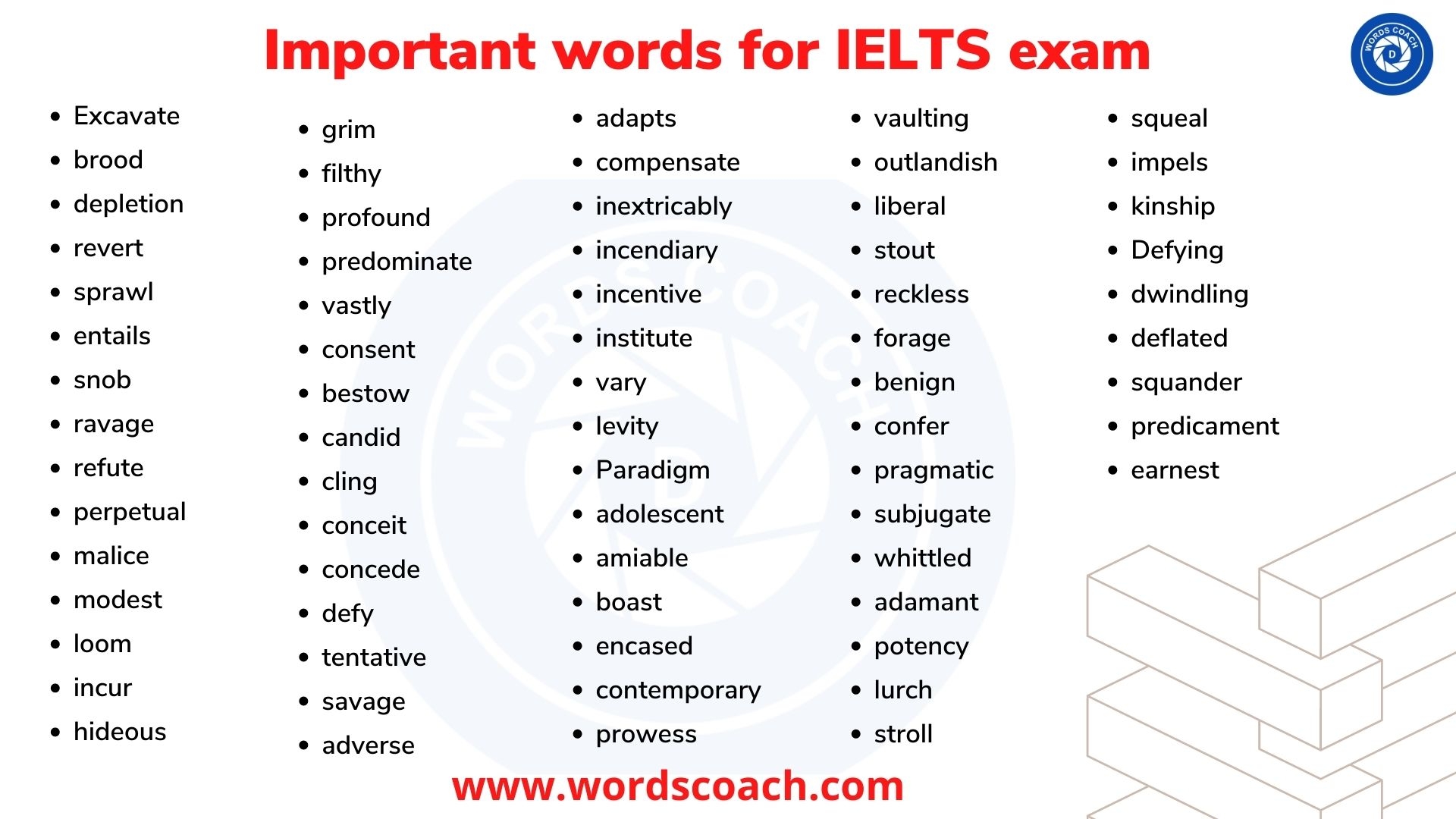IELTS, which stands for International English Language Testing System, is a globally recognized test that measures the proficiency of individuals in the English language. It is commonly used by universities, employers, and immigration authorities to assess the English language skills of non-native speakers. With the increasing importance of English as a global language, having a good score in the IELTS test can open up a world of opportunities for individuals.
Many universities and colleges around the world require prospective students to take the IELTS test as part of their admissions process. A good score in the test demonstrates a student’s ability to communicate effectively in English, which is crucial for success in an English-speaking academic environment. Similarly, many employers also look for candidates with strong English language skills, as it is often a requirement for jobs that involve international communication or collaboration.
Importance of IELTS
One of the key reasons why IELTS is important is that it provides a standardized measure of English language proficiency. This allows universities, employers, and immigration authorities to assess the language skills of individuals from different backgrounds in a fair and consistent manner. By having a common test like IELTS, they can easily compare the English language abilities of candidates and make informed decisions based on their scores.
Furthermore, a good score in the IELTS test can also improve an individual’s chances of obtaining a visa for studying or working in an English-speaking country. Immigration authorities often require applicants to demonstrate their English language proficiency through tests like IELTS, as it is a reliable way to ensure that they will be able to communicate effectively in their new environment. A high score in the test can therefore be a valuable asset for those looking to move abroad.
Additionally, preparing for the IELTS test can also help individuals improve their English language skills. The test covers a range of language abilities, including listening, reading, writing, and speaking, which means that test takers need to practice and develop their skills in all these areas. By studying for the test, individuals can enhance their overall English proficiency and become more confident in using the language in various situations.
In conclusion, the importance of IELTS cannot be overstated for individuals looking to study, work, or migrate to an English-speaking country. A good score in the test can open up a host of opportunities and provide a valuable measure of an individual’s English language proficiency. Therefore, it is essential for non-native English speakers to prepare thoroughly for the IELTS test in order to achieve their goals and succeed in an increasingly globalized world.
